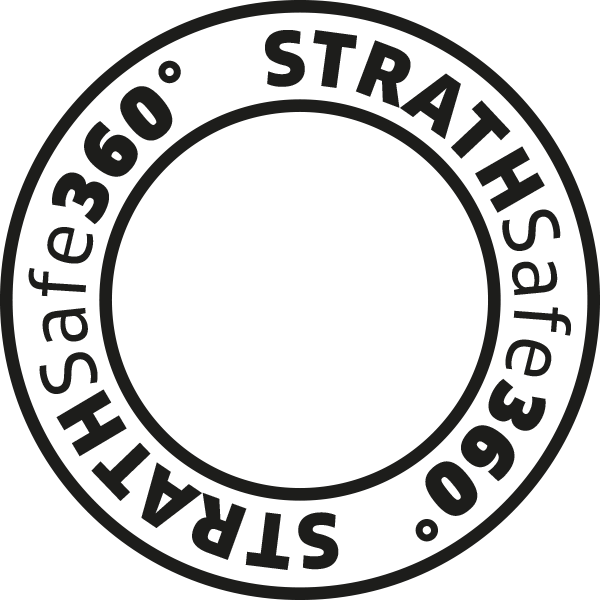We recognise that harmful behaviours can have complex and far-reaching impacts and may result in further enhanced risks of harm, such as significant and negative impacts on mental health.
The following websites provide information on mental health support for students and staff within the University and external organisations.
Support for students
The University's Disability & Wellbeing Service has a range of advisers with specialist expertise in mental health, counselling, health and disability and a range of online resources.
Strath Union Advice Hub
Strath Union Advice Hub is an independent and confidential advice service, run by professional staff advisers who can support you on matters related to your studies, housing, funding and finance.
Nightline
Nightline is a confidential telephone, text, and online listening and information service run by trained students for the students of Glasgow University, Glasgow Caledonian and Strathclyde University, 7pm to 7am, Monday to Friday, during term time.
Support for staff
The Wellbeing Hub is the central resource to support workplace wellbeing. s
